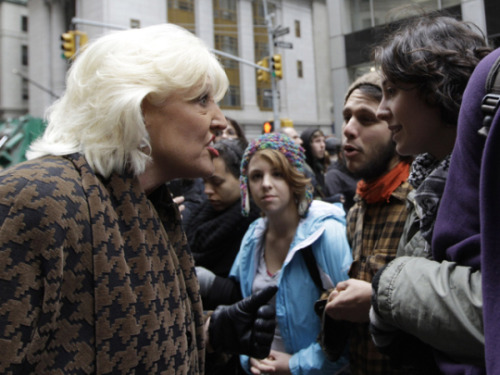Columnist Susan Demas writes in a piece published today that presidential primaries are responsible for the “death of humor,” as like-minded friends and acquaintances choose up sides, creating divisions like only politics can.
I’m not sure I agree with that. After all, Facebook is filled with snarky, biting humor aimed at particular candidates and their followers. Some laugh. Some groan – or growl. But that’s the point, isn’t it? Nastiness prevails when the discussion turns to who is the best Democrat for the party or who is the true Republican who should lead the GOP.
In a column for Dome Magazine, Demas, the editor and publisher of Inside Michigan Politics, writes that unfriendly banter between friends has a different tone during primary season than in the middle of a general election campaign:
Sometimes it dissolves into name-calling (“You’re a liberal squish for supporting John Kasich”). Sometimes there are loud demands not to post certain stories or comments, as some people apparently need safe spaces on Twitter (here’s a novel suggestion: Don’t read things you don’t want to, and don’t follow people who offend your sensibilities). I’d like to think friendships haven’t ended over primary politics. But I’m sure it’s just too much for some folks to discover that their allegedly liberal former Greenpeace co-worker now backs Hillary Clinton.
Squabbling becomes more personal and humorless because primaries are internecine affairs. When it comes to general elections, you expect not to agree with your friends who swim on the other side of the political spectrum. You’ve made the enlightened choice to associate with people who have different ideas than you (probably well beyond politics). So you have a tacit agreement to “agree to disagree,” or you delight in the thrust and parry of political discourse.
… The bottom line is that in primaries, your candidate becomes your avatar to people—you assume their best and worst qualities (real, stereotyped and imagined).



